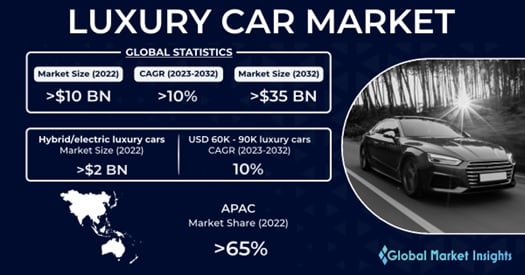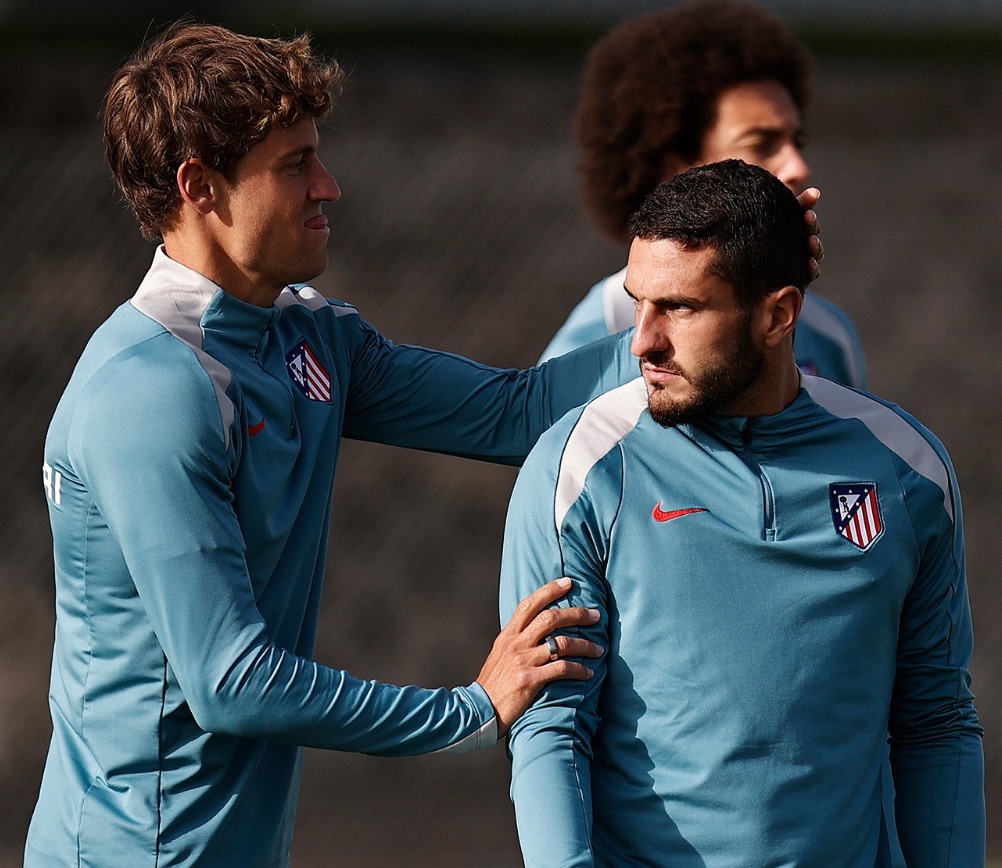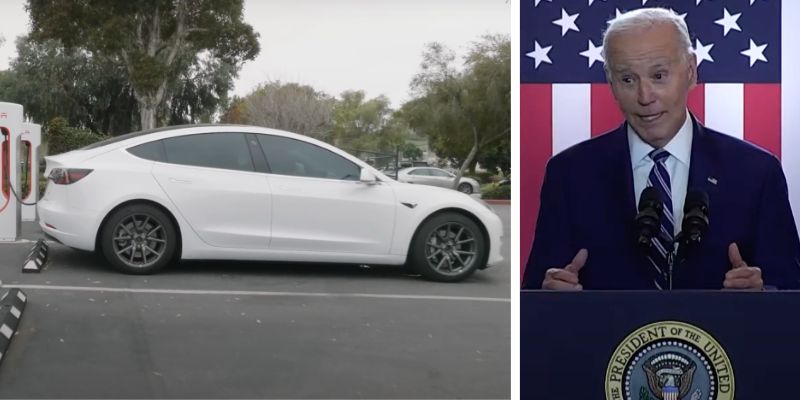China's Impact On Luxury Car Sales: BMW, Porsche, And Beyond

Table of Contents
China's Economic Growth Fuels Luxury Car Demand
The correlation between China's remarkable economic expansion and the surge in luxury car purchases is undeniable. The rise of a wealthy Chinese middle class, with significantly increased disposable income, is a primary driver. Over the past decade, luxury car sales in China have skyrocketed, outpacing many other global markets.
- Statistics: While precise figures fluctuate yearly, reports consistently show double-digit growth in luxury car sales in China for many years, surpassing even the growth rates in established luxury markets.
- Economic Factors: Several key factors contribute to this growth:
- Rapidly rising disposable incomes among the burgeoning middle class.
- Increased urbanization leading to higher demand for personal transportation.
- A shift in consumer attitudes towards luxury goods as a symbol of success and achievement.
Shifting Consumer Preferences and Brand Perception in China
Understanding the evolving preferences of Chinese luxury car buyers is critical for success in this market. Brand image and prestige are paramount, influencing purchasing decisions significantly more than in some other regions. While German brands like BMW and Porsche remain popular, Chinese consumers are also increasingly drawn to brands that reflect a sophisticated understanding of their cultural values and aspirations.
- Popular Models and Brands: Specific models and brands consistently top the sales charts in China. BMW's SUVs and sedans, and Porsche's sports cars, are consistently strong performers, but this is not limited to established foreign brands.
- Social Media Influence: Social media platforms like WeChat and Weibo heavily influence brand perception and purchasing decisions. Celebrity endorsements play a vital role in shaping consumer preferences.
- Brand Storytelling: Luxury car brands are finding success by tailoring their marketing narratives to resonate with Chinese cultural values and aspirations.
Government Policies and Regulations Impacting Luxury Car Sales
Government policies and regulations play a significant role in shaping the Chinese luxury car market. Import tariffs, environmental regulations, and tax policies all affect pricing and market access for luxury car brands.
- Import Tariffs: Import duties on luxury vehicles can significantly impact their final price, influencing consumer demand.
- Environmental Regulations: China's increasing focus on environmental protection, including stricter emissions standards, is pushing luxury car manufacturers to prioritize electric and hybrid vehicle development. This has led to an increased push for Electric Vehicles (EVs) in the luxury segment in China.
- Tax Policies: Changes in tax policies, such as luxury taxes, can directly influence the affordability and demand for luxury cars.
Competition and Market Strategies in the Chinese Luxury Car Market
The Chinese luxury car market is fiercely competitive. BMW and Porsche face competition not only from other established international brands but also from rapidly emerging domestic Chinese luxury car brands. This requires sophisticated market strategies.
- Competitive Landscape: The market is saturated with both established international and increasingly sophisticated domestic players vying for a piece of the pie.
- Market Share Strategies: International brands employ various strategies to capture market share, including localized marketing campaigns, strategic partnerships, and the development of China-specific models.
- Domestic Competition: The rise of domestic luxury brands presents a significant challenge to international players, forcing them to adapt and innovate to remain competitive.
Conclusion: The Enduring Influence of China on the Global Luxury Car Industry
China's influence on luxury car sales is undeniable and continues to grow. For brands like BMW, Porsche, and others, understanding the nuances of the Chinese market – its economic dynamics, shifting consumer preferences, government regulations, and competitive landscape – is paramount for success. The sheer size and growth potential of this market make it a crucial factor in global luxury car sales. To stay ahead in the ever-evolving luxury car market, understanding China's impact is paramount. Further research into specific brand strategies and market trends in China is recommended.

Featured Posts
-
 Paolini Y Pegula Fuera Del Wta 1000 De Dubai
Apr 27, 2025
Paolini Y Pegula Fuera Del Wta 1000 De Dubai
Apr 27, 2025 -
 Bencic De Vuelta A La Victoria Nueve Meses Despues De La Maternidad
Apr 27, 2025
Bencic De Vuelta A La Victoria Nueve Meses Despues De La Maternidad
Apr 27, 2025 -
 Garantia De Gol Con Alberto Ardila Olivares
Apr 27, 2025
Garantia De Gol Con Alberto Ardila Olivares
Apr 27, 2025 -
 Ev Mandates Face Renewed Pushback From Car Dealerships
Apr 27, 2025
Ev Mandates Face Renewed Pushback From Car Dealerships
Apr 27, 2025 -
 40 Abs 1 Wp Hg Pne Ag Gibt Wichtige Informationen Bekannt
Apr 27, 2025
40 Abs 1 Wp Hg Pne Ag Gibt Wichtige Informationen Bekannt
Apr 27, 2025
